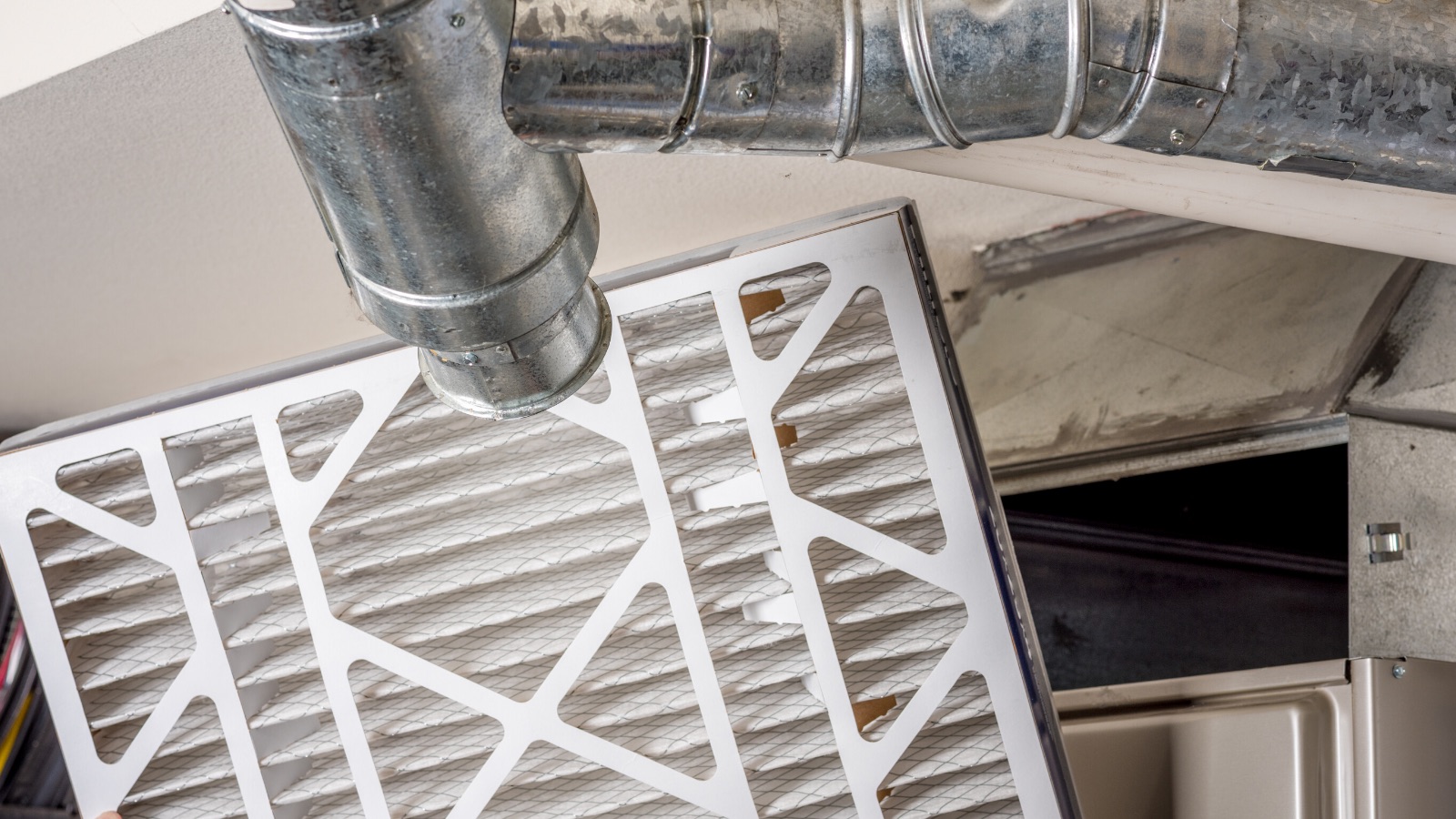

Articles
How Often Should I Change AC Filter
Modified: September 2, 2024
Find out how often you should change your AC filter with our informative articles. Keep your home's air clean and your HVAC system running efficiently.
(Many of the links in this article redirect to a specific reviewed product. Your purchase of these products through affiliate links helps to generate commission for Storables.com, at no extra cost. Learn more)
Introduction
Keeping your air conditioning system running smoothly is essential for maintaining a comfortable indoor environment. One of the key elements to ensure optimal performance of your AC unit is regularly changing the air filter. The AC filter plays a crucial role in trapping dust, pollen, pet dander, and other airborne particles, preventing them from circulating in your home. Over time, the filter becomes clogged and less effective, impacting the efficiency and overall air quality of your AC system. In this article, we will explore the importance of regularly changing your AC filter, factors to consider when determining the filter replacement frequency, and provide general guidelines on how often you should change your AC filter.
Key Takeaways:
- Regularly changing your AC filter is crucial for maintaining clean air, energy efficiency, and HVAC system longevity. Factors like filter type, environment, and usage should be considered for optimal replacement frequency.
- Signs of a dirty AC filter include poor airflow, inconsistent cooling, increased energy bills, and visible debris. Regularly monitoring and replacing the filter ensures a healthy and efficient indoor environment.
Importance of Changing AC Filter Regularly
Regularly changing your AC filter is crucial for several reasons. First and foremost, a clean filter ensures that the air circulating through your home is free from harmful particles. This is especially important for individuals with allergies or respiratory issues, as a dirty filter can exacerbate their symptoms and compromise their overall health. Additionally, a clogged filter restricts airflow, making your AC system work harder and consume more energy. This translates to higher utility bills and a decreased lifespan of your equipment. By changing your filter regularly, you can avoid these issues and keep your AC system running efficiently.
Moreover, a clean filter helps to maintain the cleanliness of your HVAC system. When a filter becomes dirty and clogged, the particles can build up on the evaporator coil and other components, hindering their performance. This buildup can lead to decreased cooling capacity, increased strain on the system, and potentially costly repairs. By regularly changing your AC filter, you can prevent these issues and prolong the lifespan of your HVAC system, saving you money in the long run.
Another important reason to change your AC filter regularly is to ensure consistent airflow throughout your home. When a filter is clogged, it restricts the airflow, resulting in uneven cooling and hot spots in certain areas of your home. By maintaining a clean filter, you can ensure that the conditioned air is distributed evenly, providing comfort to all parts of your living space.
Overall, the importance of changing your AC filter regularly cannot be overstated. It improves indoor air quality, enhances energy efficiency, prolongs the lifespan of your HVAC system, and promotes consistent airflow throughout your home. By making this simple maintenance task a priority, you can enjoy a cleaner, healthier, and more comfortable living environment.
Factors to Consider When Determining Filter Replacement Frequency
The frequency at which you should change your AC filter will depend on several factors. It’s important to consider these factors to ensure that you are changing your filter at the appropriate intervals, maximizing its effectiveness and maintaining the optimal performance of your AC system.
1. Filter Type: The type of filter you use can impact its lifespan. Standard fiberglass filters typically need to be replaced every 30 days, while pleated filters can last up to 90 days. High-efficiency filters, such as HEPA filters, might have a longer lifespan but also tend to be more expensive. Consider the type of filter you have and follow manufacturer recommendations for replacement intervals.
2. Environmental Factors: The environment in which you live can influence how quickly your filter becomes dirty. If you live in an area with high levels of pollen, dust, or pet dander, your filter may get clogged more quickly. Similarly, if you have pets or a high occupancy in your home, the filter may need to be changed more frequently to keep up with the increased amount of airborne particles.
3. Usage: The frequency of using your AC system also affects filter replacement. If you rely on your AC system heavily and run it for extended periods, the filter will collect more debris and require more frequent replacement. On the other hand, if you use your AC sparingly, you may be able to extend the replacement interval.
4. Allergies and Respiratory Issues: If you or anyone in your household suffers from allergies or respiratory problems, it’s advisable to change the filter more frequently. A clean filter helps to minimize allergens and improve indoor air quality, providing relief to those with sensitive respiratory systems.
5. Manufacturer Recommendations: Always refer to the manufacturer’s guidelines for your specific AC unit. They often provide recommendations on the ideal replacement frequency based on the model and filter type.
By taking these factors into consideration, you can determine the appropriate filter replacement frequency for your AC system. Regularly evaluating these elements and adjusting your replacement schedule accordingly will ensure optimal performance, energy efficiency, and clean air circulation in your home.
General Guidelines for Changing AC Filter
While the specific replacement frequency for your AC filter may vary based on factors mentioned earlier, here are some general guidelines to help you determine when it’s time to change your AC filter:
- Check the manufacturer’s recommendations: Start by referring to the manufacturer’s guidelines for your specific AC unit. They often provide specific instructions on how often the filter should be replaced based on the model and filter type.
- Inspect the filter visually: Regularly inspect the filter to see if it appears dirty or clogged. A good rule of thumb is to inspect it every month. If it looks visibly dirty, it’s time for a replacement.
- Monitor air quality and allergies: Pay attention to the air quality and whether anyone in your household is experiencing an increase in allergy symptoms or respiratory issues. If you notice a decline in air quality or an increase in symptoms, it may be an indication that your filter needs to be changed.
- Consider the usage and environment: Take into account how often you use your AC system and the environmental conditions in your area. If you live in a dusty environment or have pets, the filter may need to be changed more frequently.
- Mark the calendar: Establish a routine for replacing your AC filter and mark it on your calendar. This will help you stay on top of regular filter changes and ensure that you don’t forget this important maintenance task.
Remember, these are general guidelines, and it’s essential to adapt them to your specific circumstances. Monitoring your AC filter regularly and paying attention to the factors mentioned earlier will help you determine the best replacement frequency for maintaining optimal air quality and AC system performance.
It is recommended to change your AC filter every 1-3 months, depending on factors such as the type of filter, household pets, and indoor air quality. Regularly changing the filter helps maintain air quality and improve the efficiency of your AC system.
Signs that Indicate AC Filter Needs Changing
Regularly monitoring your AC filter and recognizing the signs that it needs changing is crucial for maintaining a healthy and efficient HVAC system. Here are some common signs that indicate your AC filter needs to be replaced:
- Poor Air Flow: If you notice a significant decrease in airflow from your vents, it may be a sign that your filter is clogged. A dirty filter restricts the airflow, making your system work harder to push the air through, resulting in reduced airflow.
- Inconsistent Cooling: Hot spots or uneven cooling throughout your home can be an indication of a clogged filter. When the filter is dirty, it restricts the airflow, causing an imbalance in the distribution of conditioned air.
- Increase in Energy Bills: A clogged filter forces your AC system to work harder to maintain a comfortable temperature, leading to increased energy consumption. If you notice a sudden spike in your energy bills without a change in usage, it may be time to check and replace your filter.
- Dust and Debris Buildup: If you see a buildup of dust and debris around your vents or on the surfaces in your home, it could be an indication that your filter is no longer effectively capturing particles. A clean filter helps trap these particles, preventing them from circulating in your living space.
- Increased Allergy Symptoms: If you or your family members are experiencing more frequent allergy symptoms, such as sneezing, coughing, or itchy eyes, it may be due to a dirty filter. A clogged filter allows allergens to circulate in the air, aggravating allergies and respiratory issues.
- Visible Dirt and Debris on the Filter: Take a look at your filter. If you see a significant amount of dirt, dust, or debris accumulated on the filter, it is definitely time for a replacement. A dirty filter cannot effectively capture and filter particles from the air.
These signs serve as indicators that your AC filter needs to be changed. It’s important to address these signs promptly to maintain optimal air quality, energy efficiency, and the longevity of your HVAC system. Regularly checking your filter and recognizing these signs could save you from potential problems and ensure a comfortable and healthy indoor environment.
Read more: How Often Should You Change HVAC Air Filter
Steps to Change AC Filter
Changing your AC filter is a simple task that can be done in just a few steps. Follow these steps to ensure a smooth and effective filter replacement:
- Turn off the AC System: Before starting the replacement process, make sure to turn off your AC system. This will prevent any airflow while you’re handling the filter.
- Locate the Air Filter: The air filter is typically located near the air handler or furnace. It may be behind a removable panel or grill. Refer to your AC unit’s manual or manufacturer’s instructions to find the exact location of the filter.
- Remove the Old Filter: Carefully slide out the old filter from its holder. Take note of the filter’s orientation, as it usually has an arrow indicating the direction of the airflow. This will help you properly install the new filter.
- Dispose of the Old Filter: Properly dispose of the old filter. Place it in a plastic bag to contain the dirt and debris, then throw it away in a trash receptacle. If the filter is disposable, do not attempt to clean or reuse it.
- Insert the New Filter: Take the new filter and insert it into the filter slot. Make sure it is oriented correctly, aligning the arrow on the filter with the direction of the airflow. The filter should fit snugly into place.
- Close the Access Panel: If you removed any panels or grills to access the filter, securely close and fasten them back in place.
- Turn on the AC System: Once the new filter is properly installed and the access panel is closed, you can turn your AC system back on. Enjoy the improved air quality and efficient operation of your cooling system.
It’s important to note that the specific steps may vary slightly depending on your AC system’s make and model. Always refer to the manufacturer’s instructions for detailed guidance on changing the filter.
Remember, regular filter changes are an essential part of maintaining your AC system and ensuring optimal performance, energy efficiency, and indoor air quality. Make it a habit to check and replace your AC filter according to the recommended schedule to enjoy clean, fresh air and a smoothly running HVAC system.
Conclusion
Regularly changing your AC filter is vital for maintaining a healthy and efficient HVAC system. By doing so, you can improve indoor air quality, enhance energy efficiency, and ensure consistent airflow throughout your home. Neglecting to change your AC filter can lead to a variety of issues, including poor air quality, increased energy consumption, and potential damage to your HVAC system.
Factors such as filter type, environmental conditions, usage, allergies, and manufacturer recommendations should all be taken into account when determining the frequency of filter replacement. Following general guidelines and being mindful of signs that indicate a dirty filter will help you stay on top of maintenance and replacement tasks.
Changing your AC filter is a simple process that can be done in just a few steps. By turning off the AC system, locating the filter, removing the old filter, inserting the new filter, and closing the access panel, you can easily ensure the effectiveness of your filter and the efficiency of your cooling system.
In conclusion, maintaining a clean and properly functioning AC filter is crucial for the overall performance and longevity of your HVAC system. By staying proactive and regularly changing your filter, you can enjoy improved air quality, lower energy costs, and a more comfortable living environment.
Remember to consult your AC unit’s manual or manufacturer’s instructions for specific guidance and recommendations tailored to your system. By prioritizing filter replacement as part of your HVAC maintenance routine, you can ensure a healthier and more efficient home for you and your family.
Frequently Asked Questions about How Often Should I Change AC Filter
Was this page helpful?
At Storables.com, we guarantee accurate and reliable information. Our content, validated by Expert Board Contributors, is crafted following stringent Editorial Policies. We're committed to providing you with well-researched, expert-backed insights for all your informational needs.
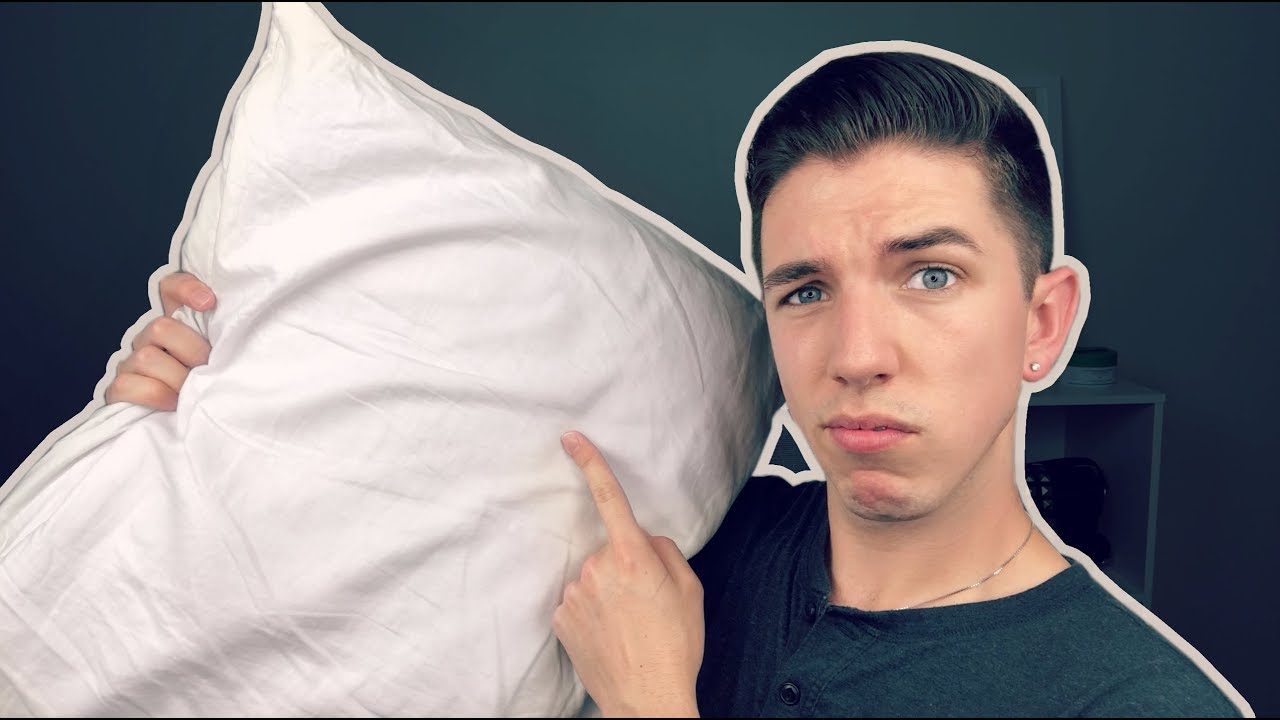
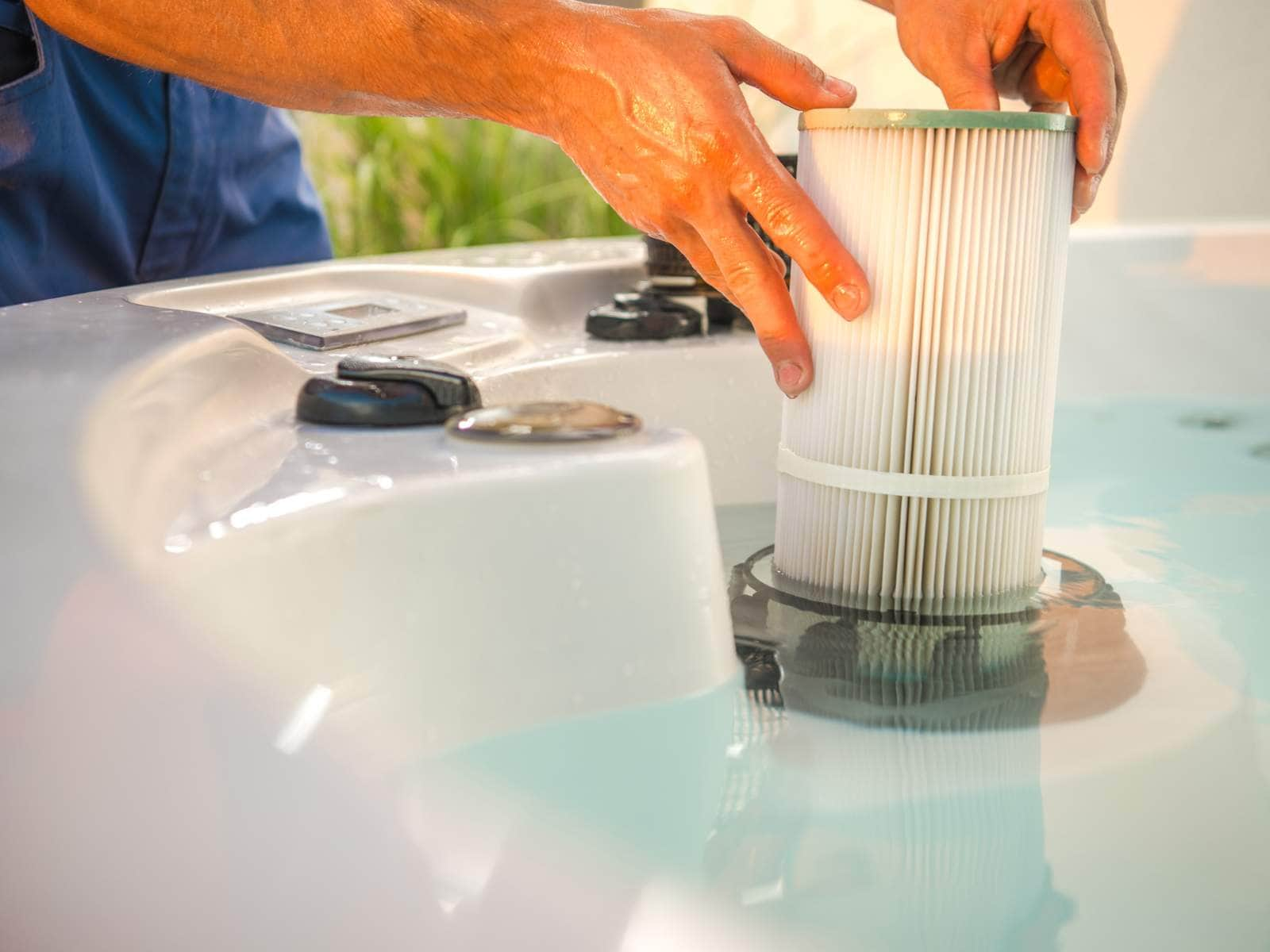
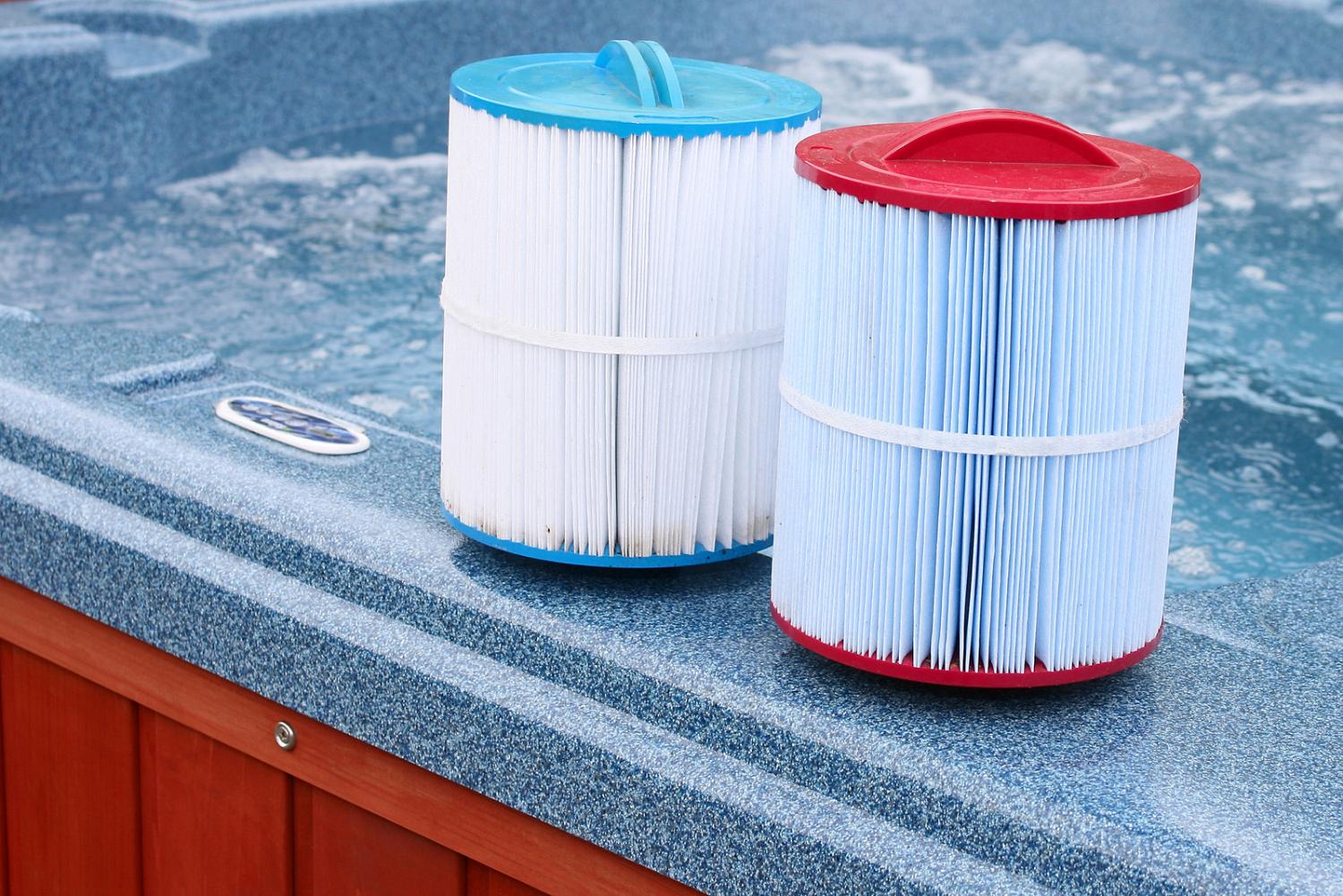
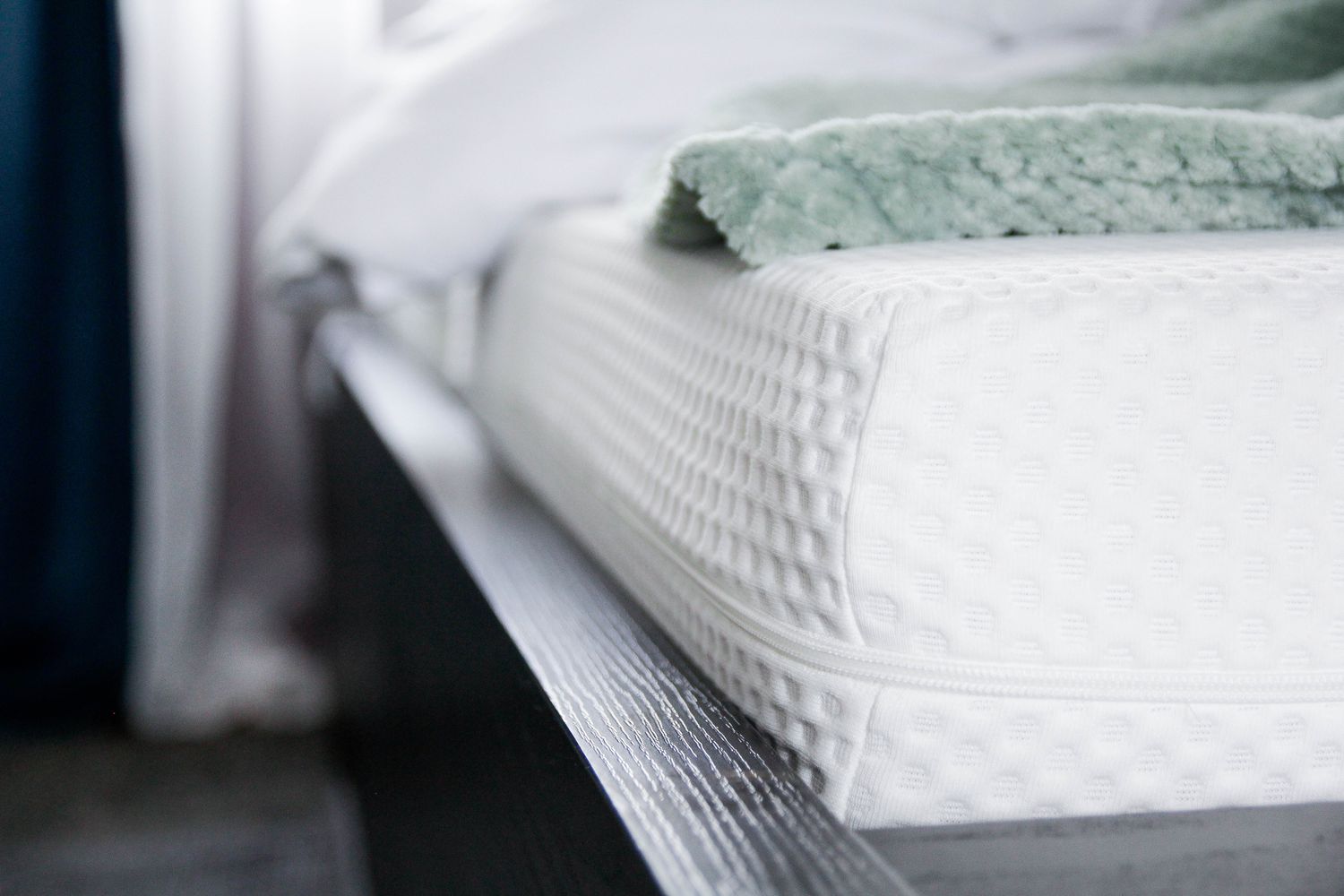
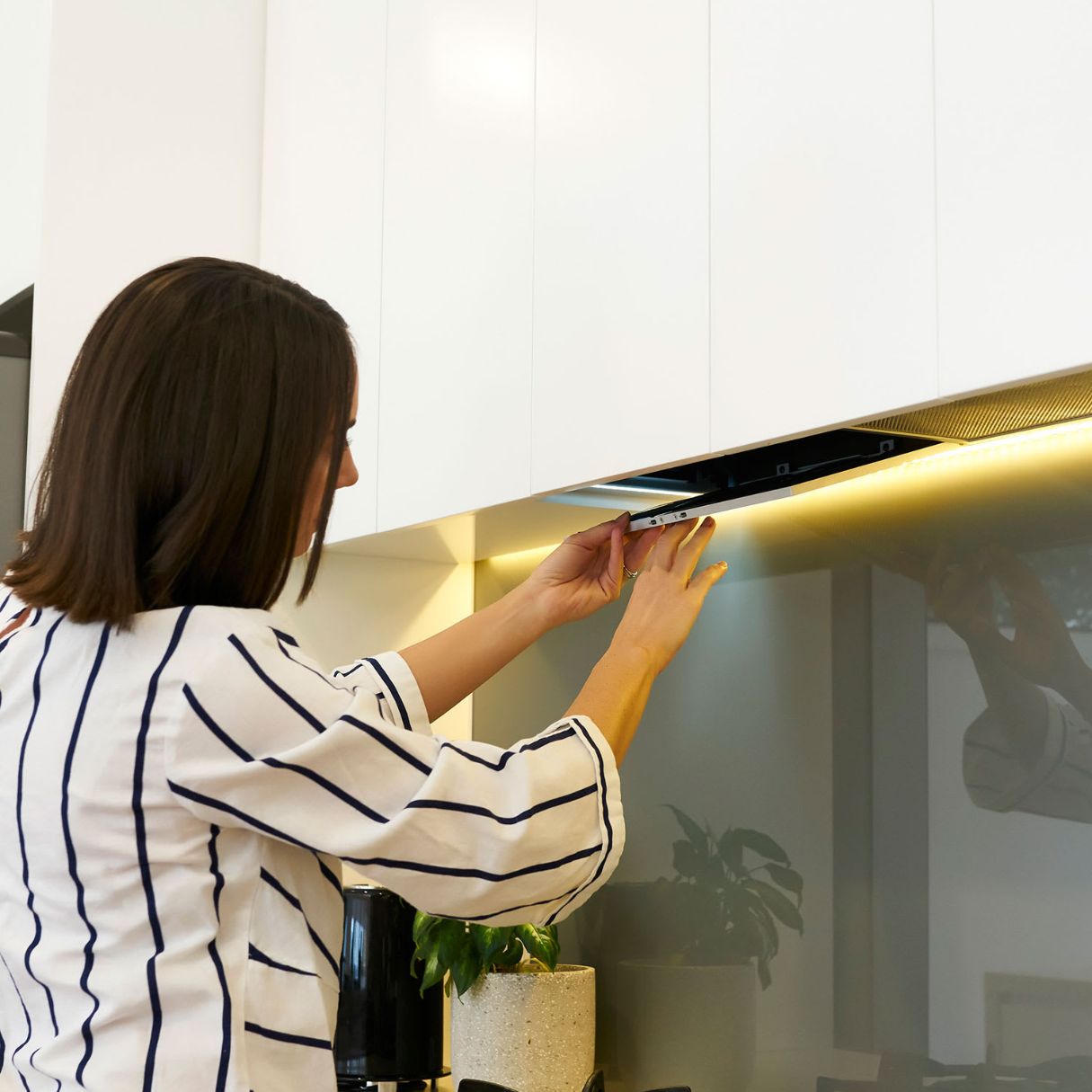
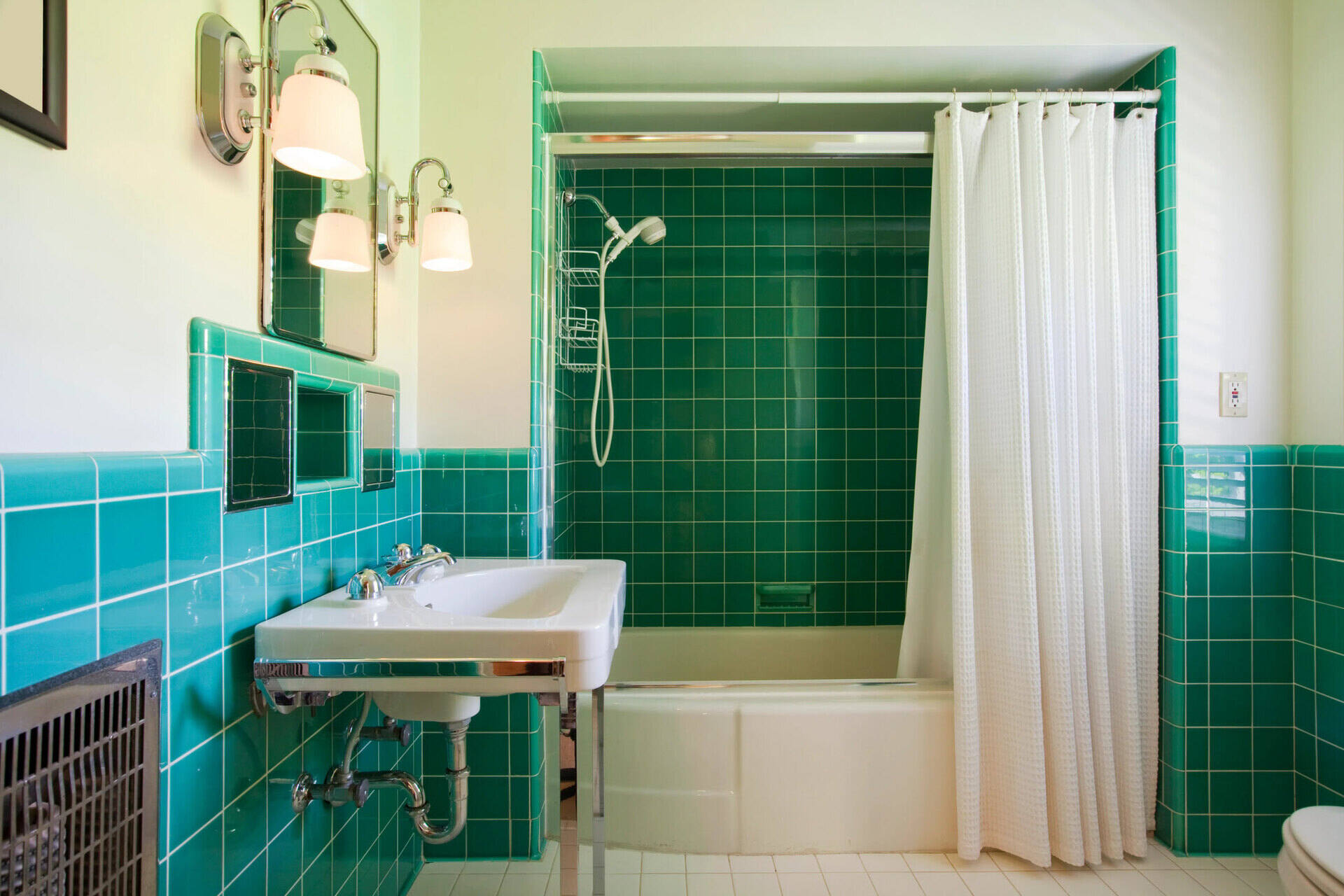
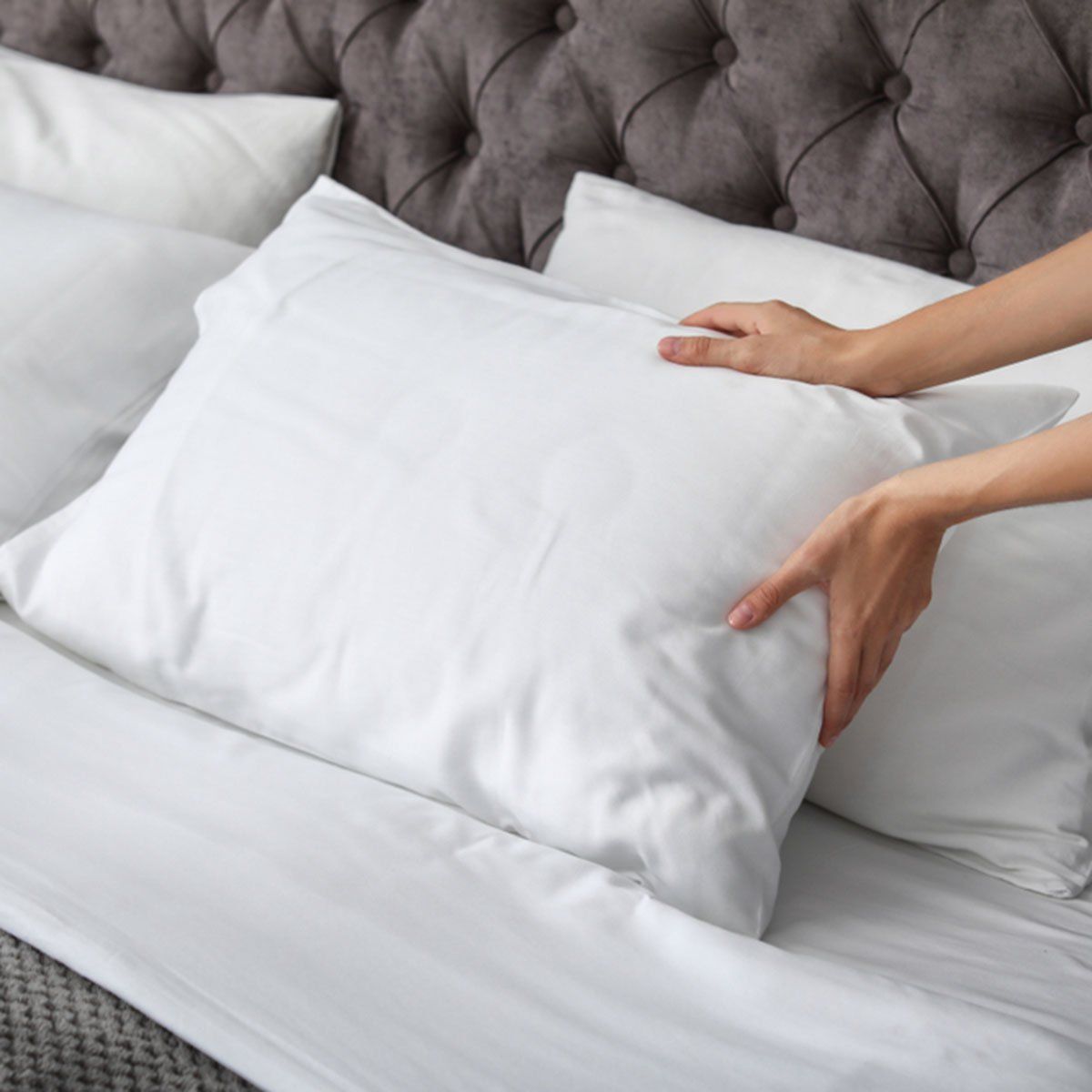
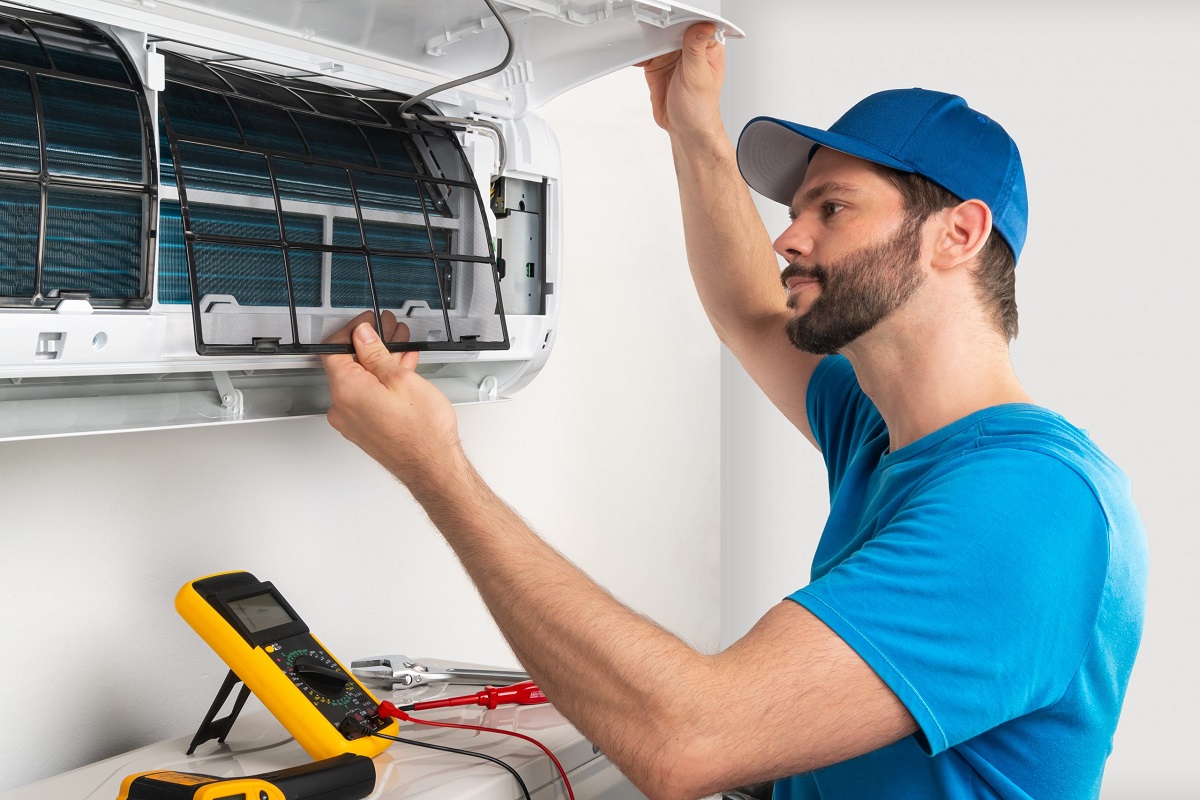

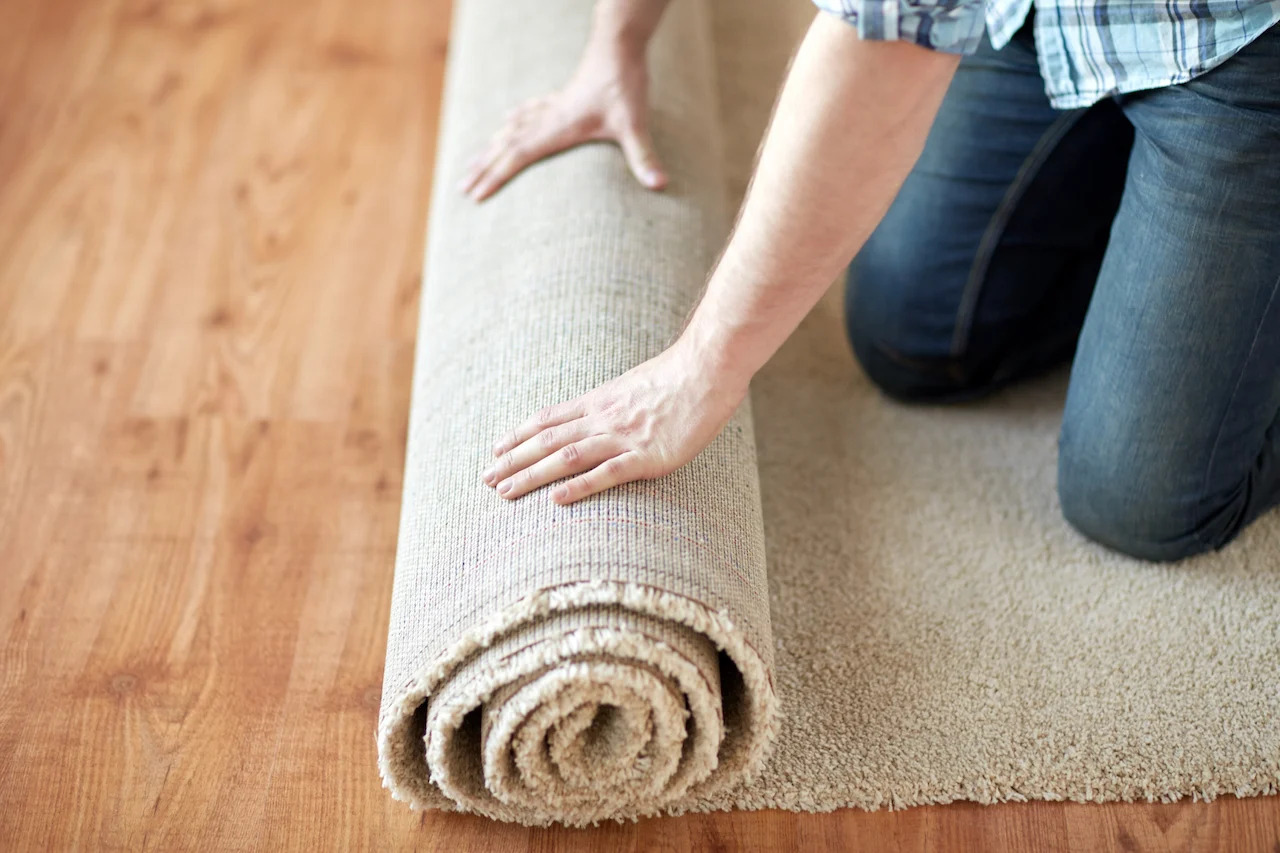
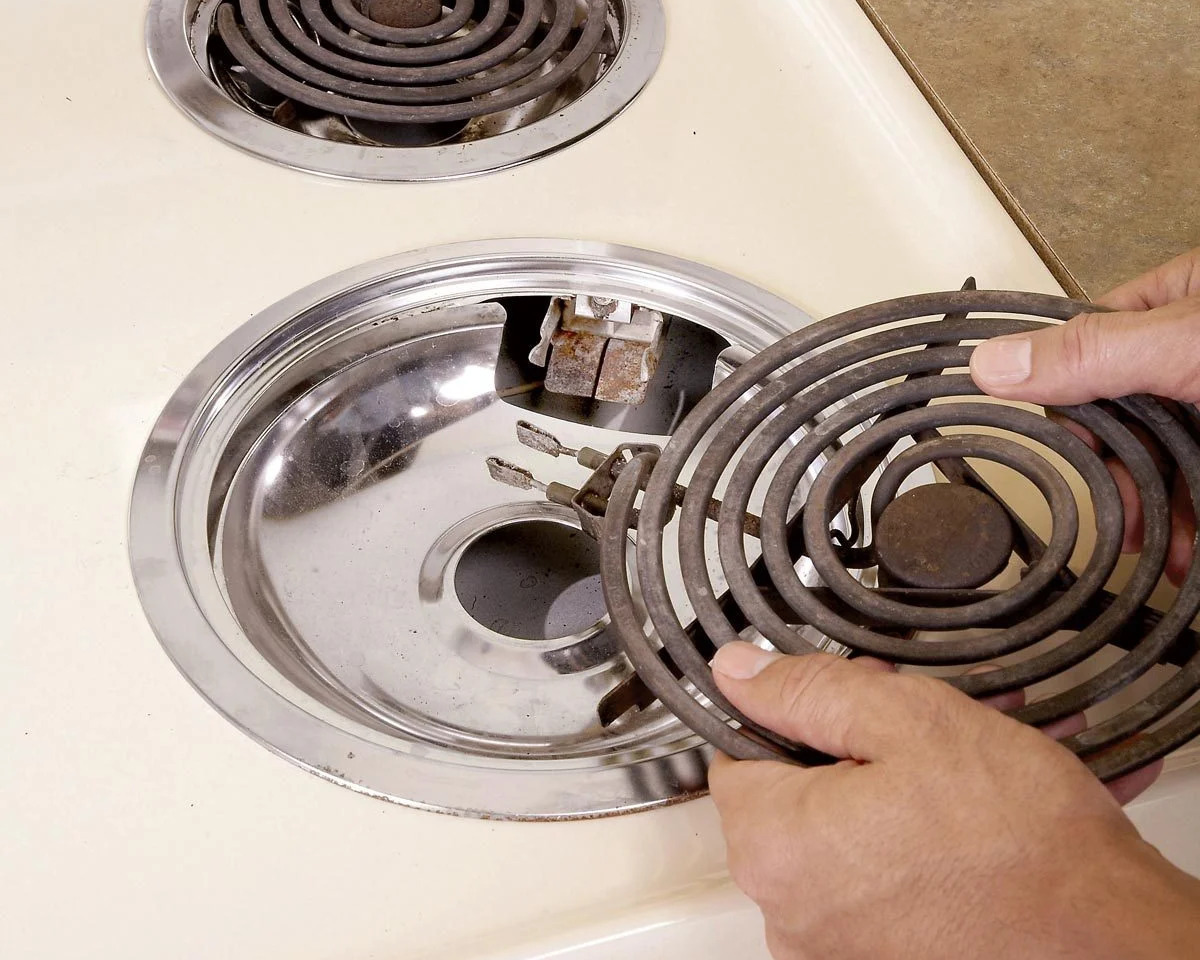
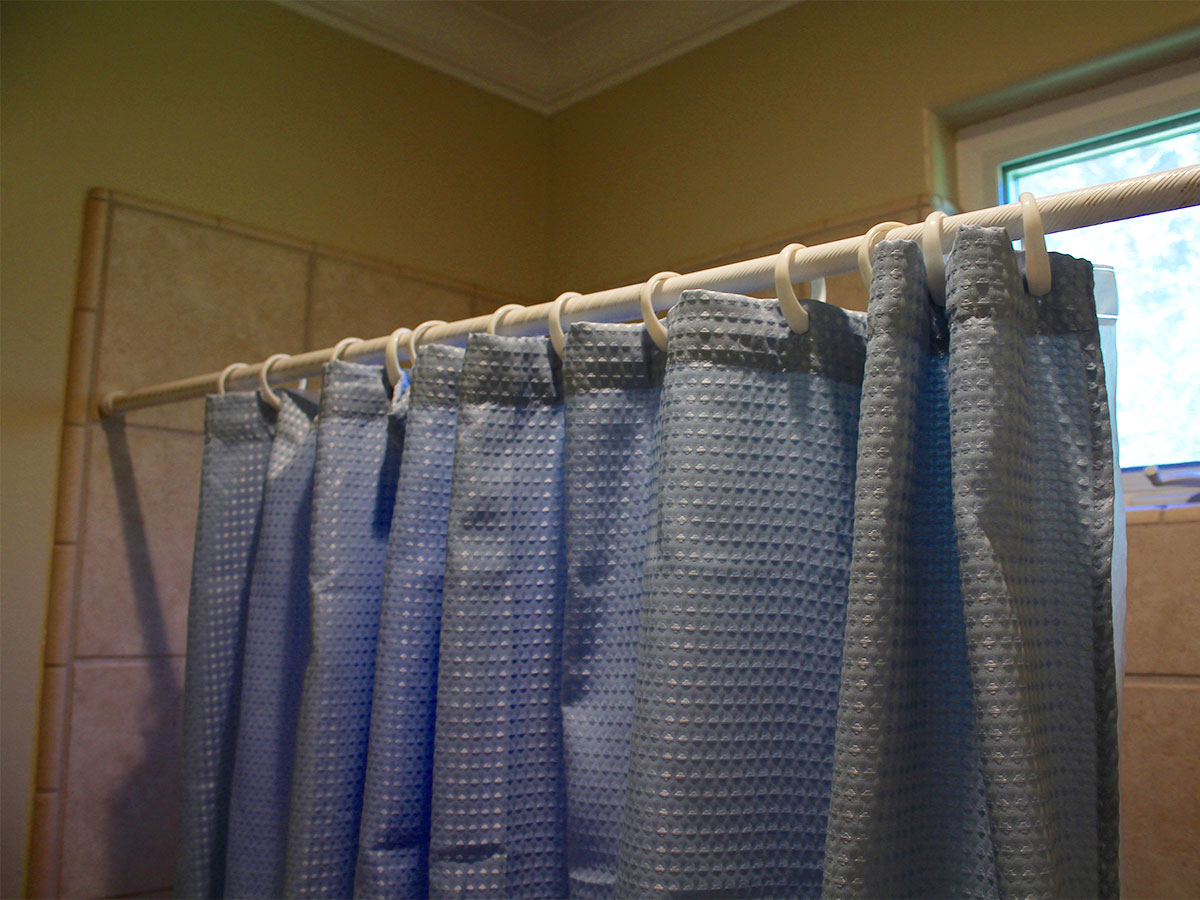
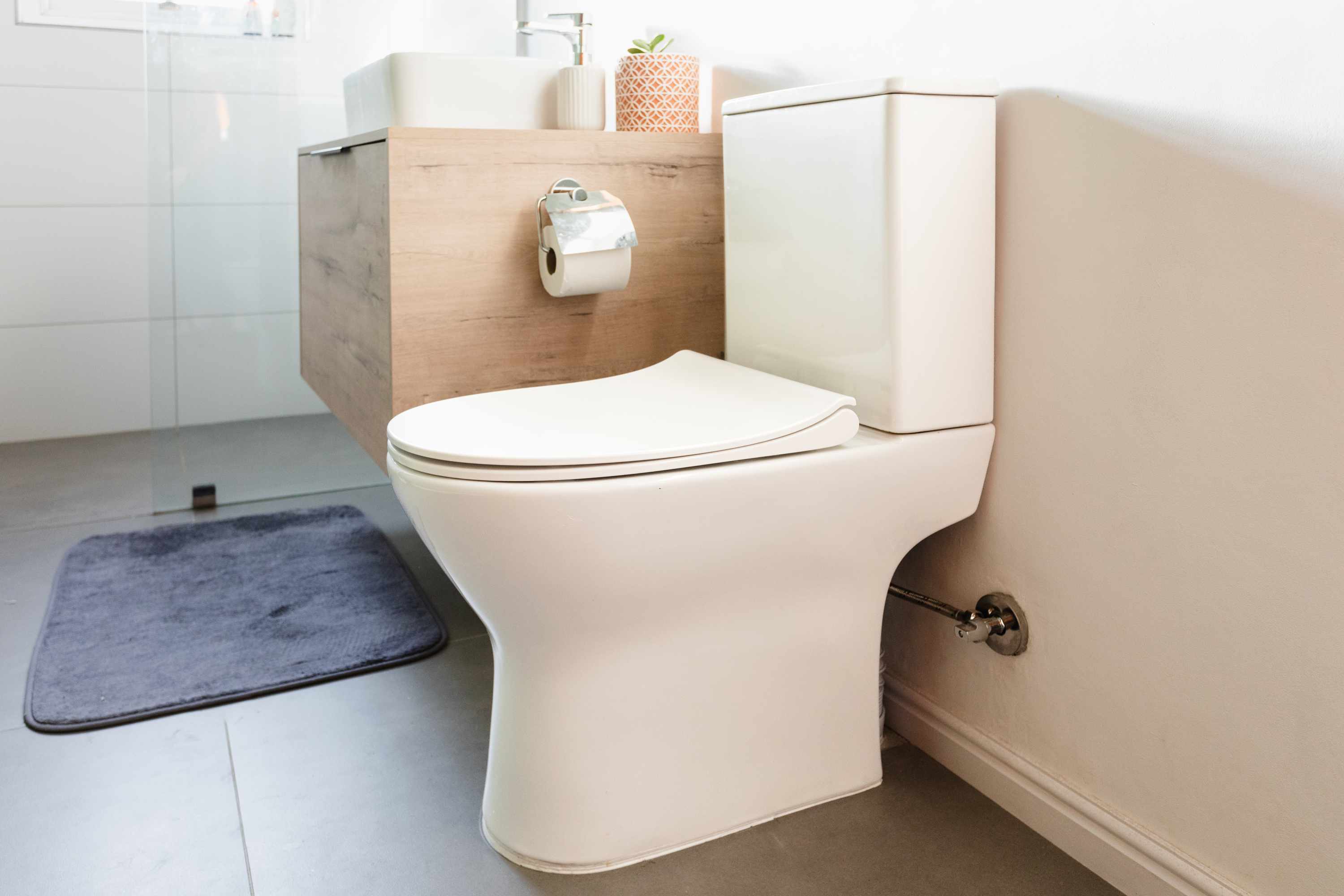
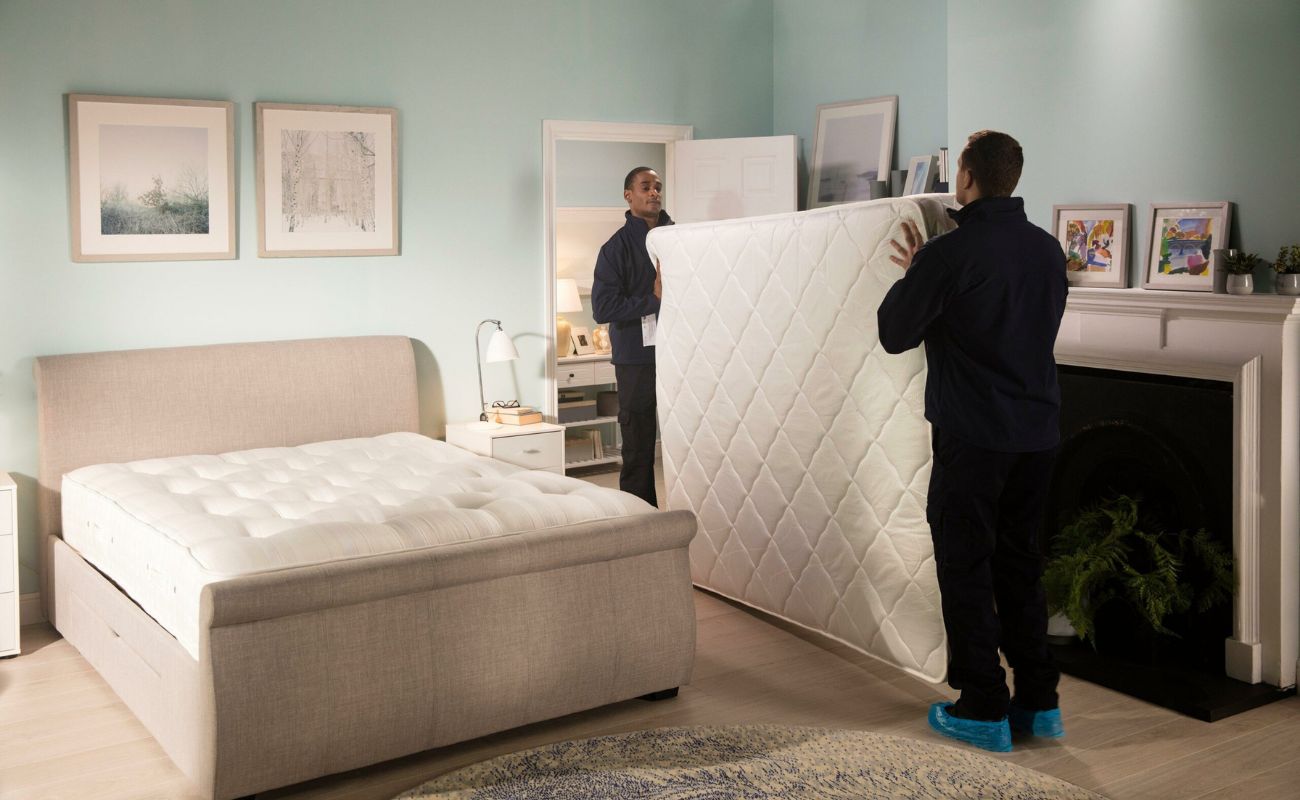

0 thoughts on “How Often Should I Change AC Filter”